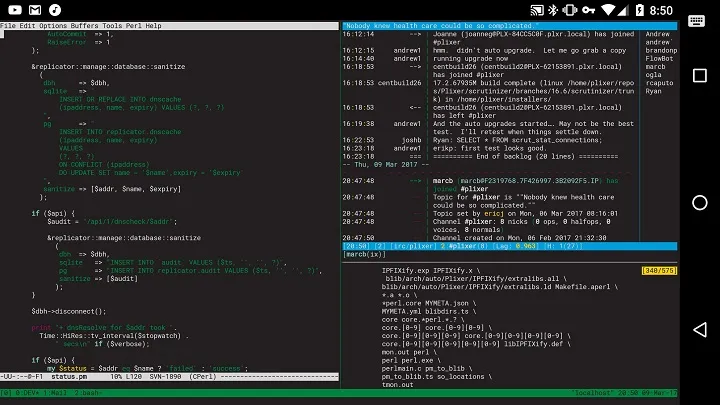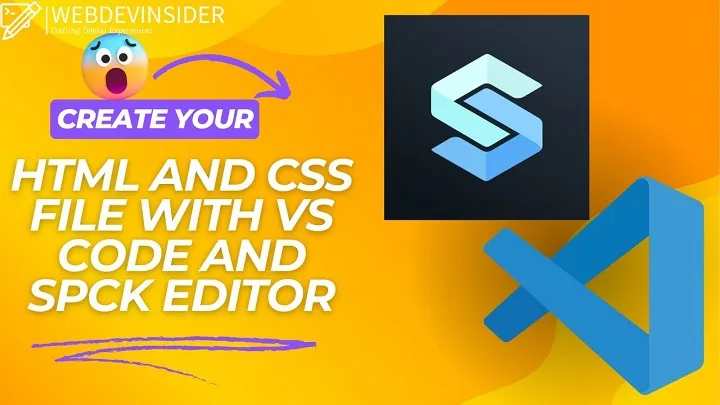Introduction
In 2025, simulating development environments on mobile devices has become a game-changer for developers, enabling coding, testing, and prototyping without a full desktop setup. With the rise of remote work and cross-platform needs, these apps offer lightweight IDEs, emulators, and cloud integrations to mimic full dev stacks on smartphones and tablets. They support languages like Python, JavaScript, and Java, reducing setup time by up to 50% and allowing seamless transitions to desktop workflows. Ideal for quick fixes, learning, or travel, these tools bridge the gap between mobility and productivity.
This article ranks the top 5 apps—Termux, Dcoder, Acode, Spck Editor, and QPython—based on usability, language support, and reviews from sources like GeeksforGeeks and Space-O Technologies. Each entry details features, strengths, weaknesses, and a 5-star rating, tailored for use cases like scripting on Android or web dev on iOS. Available on iOS and Android, these apps ensure developers can simulate environments anywhere.
1. Termux

Termux is a powerful terminal emulator for Android, simulating a Linux environment for coding and package management. Free and open-source.
Features: Android app with APT package manager, supports Python, Node.js, Git, and compilers like GCC. Includes SSH, Vim, and script execution; integrates with external keyboards.
Strengths: Termux turns Android into a full Linux dev machine, ideal for running servers or testing scripts on the go. Users install packages like pip for Python environments, mimicking desktop setups. Reviews praise its versatility for embedded dev or quick CLI tasks, with 4.5/5 on Play Store.
Weaknesses: Android-only; no iOS version. Steep learning curve for non-terminal users. Battery drain during long sessions.
Evaluation: 4.8/5 stars. Termux is unmatched for Linux simulation on mobile, perfect for power users, though iOS devs miss out.
2. Dcoder
Dcoder is a mobile IDE supporting 50+ languages, with compilers and collaboration features. Free; Pro at $4.99/month.
Features: iOS and Android, with code editor, debugger, and online judges. Supports Java, Python, C++, and web previews; includes challenges and Git integration.
Strengths: Dcoder simulates full IDEs for competitive programming or app prototyping, running code in sandboxed environments. Great for students practicing algorithms on mobile. Users appreciate offline compilation and 4.4/5 ratings for multi-language support.
Weaknesses: Pro needed for unlimited runs. Occasional crashes on complex code. Limited debugging depth.
Evaluation: 4.6/5 stars. Dcoder excels for multi-language simulation, ideal for learners, but pro features lock advanced use.
3. Acode
Acode is a lightweight code editor with preview and FTP support, simulating web dev environments. Free; Pro $2.99 one-time.
Features: Android-focused, with syntax highlighting, Git, and live previews for HTML/JS. Supports Node.js runtimes and file managers.
Strengths: Acode mimics VS Code on mobile for web projects, enabling quick edits and tests. Pro unlocks themes and FTP, perfect for remote dev. Reviews highlight its speed and 4.3/5 for lightweight simulation.
Weaknesses: Android-only; no iOS. Limited to web langs; no heavy compilers.
Evaluation: 4.5/5 stars. Acode is great for web dev simulation on Android, suited for quick prototypes.
4. Spck Editor

Spck Editor is a Node.js-powered web IDE for JavaScript, simulating full-stack environments. Free; donations encouraged.
Features: iOS and Android, with npm support, debugger, and TypeScript. Includes terminal emulation and project templates.
Strengths: Spck runs Node servers and previews apps, ideal for React Native or Express testing. Offline capable with Git sync. Users rate it 4.6/5 for JS-focused simulation.
Weaknesses: JS-centric; limited other languages. Occasional sync issues.
Evaluation: 4.5/5 stars. Spck shines for JS/full-stack mobile simulation, perfect for web devs.
5. QPython
QPython is a Python interpreter for Android, simulating scripting environments with libraries. Free; Pro $4.99.
Features: Android app with pip, Jupyter support, and SL4A for Android APIs. Includes editor and console.
Strengths: QPython runs full Python scripts with numpy, ideal for data dev or automation on mobile. Pro adds libraries. 4.2/5 ratings for accessibility.
Weaknesses: Android-only; iOS alternatives limited. Battery-intensive for long runs.
Evaluation: 4.4/5 stars. QPython is essential for Python simulation on mobile, great for scripters.
Conclusion
The top 5 apps for simulating development environments on mobile in 2025—Termux, Dcoder, Acode, Spck Editor, and QPython—empower devs to code anywhere. Termux leads for Linux power, Dcoder for versatility, and Spck for JS. Despite platform limits, combining with cloud tools maximizes utility. Download free versions to prototype on the go.

















